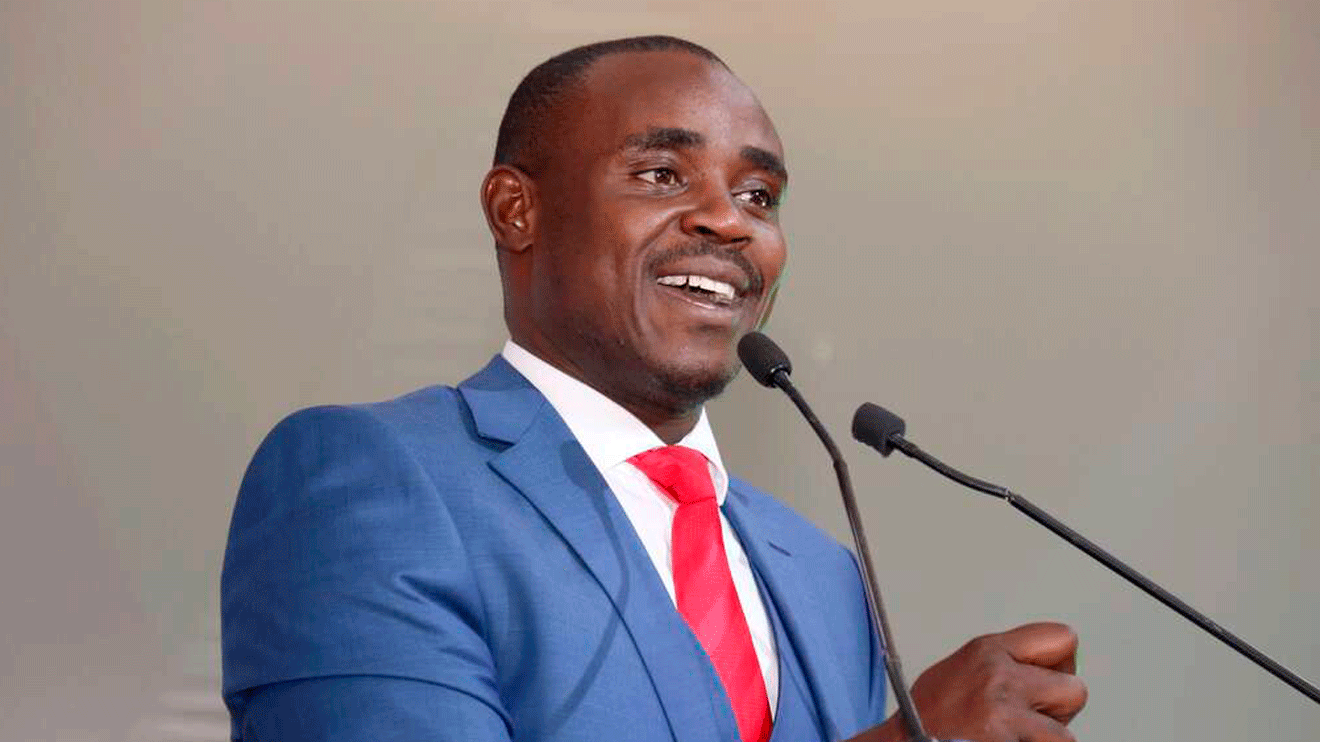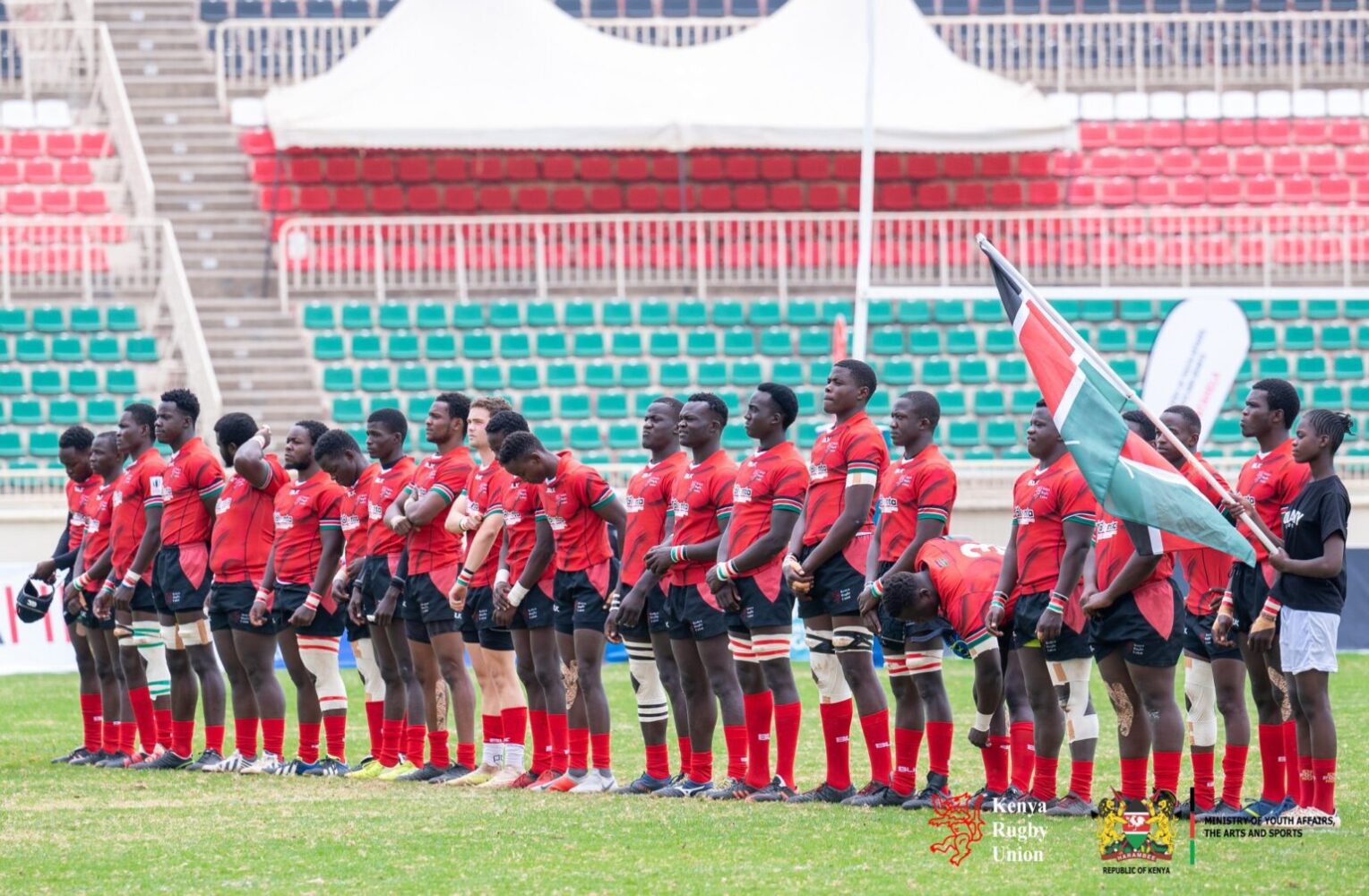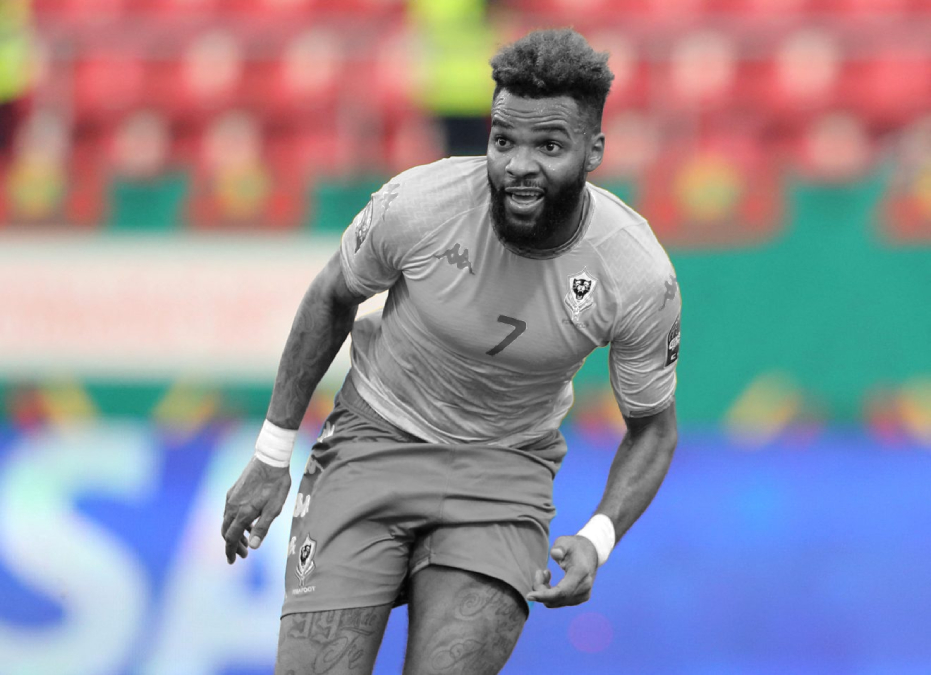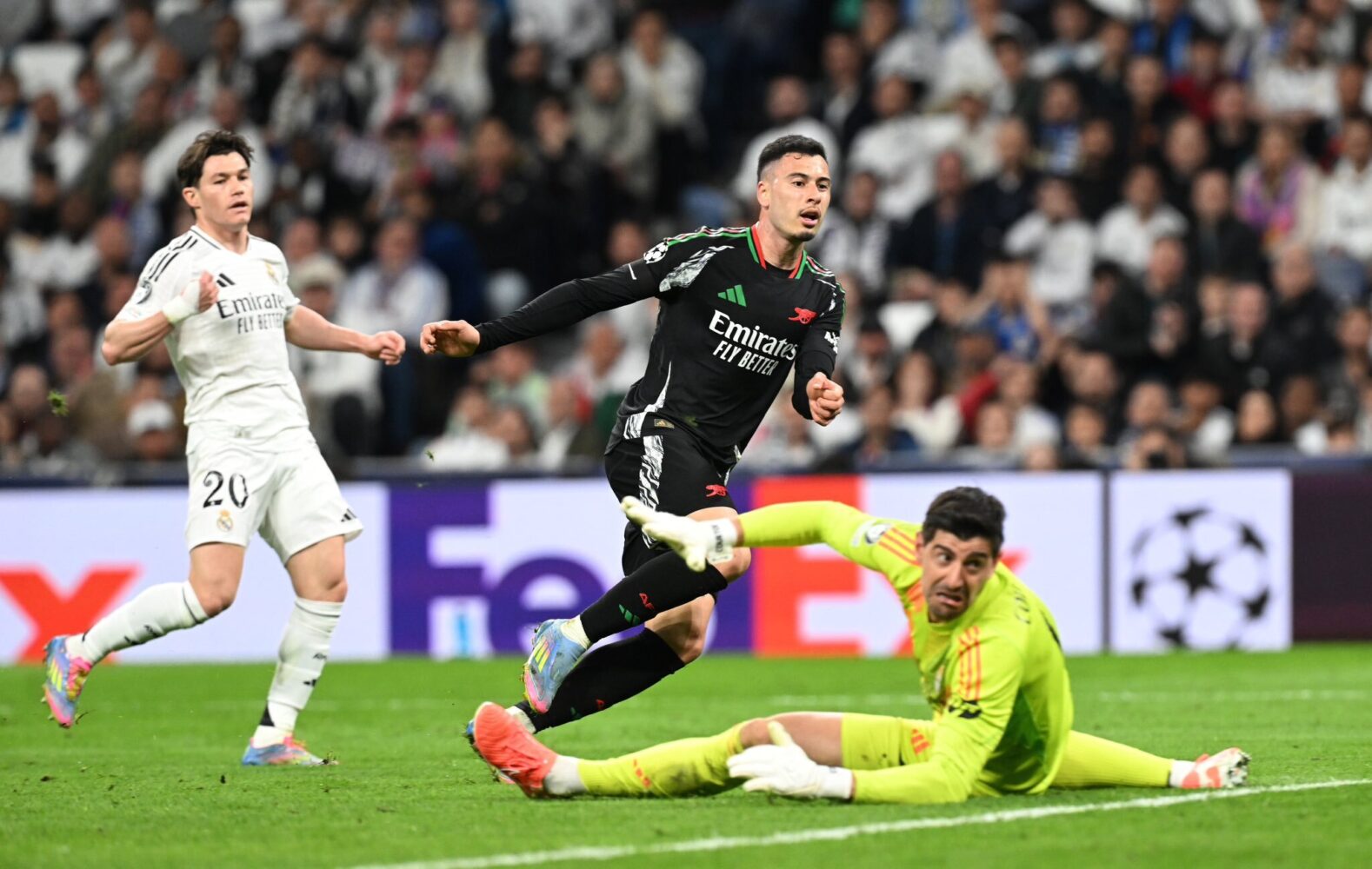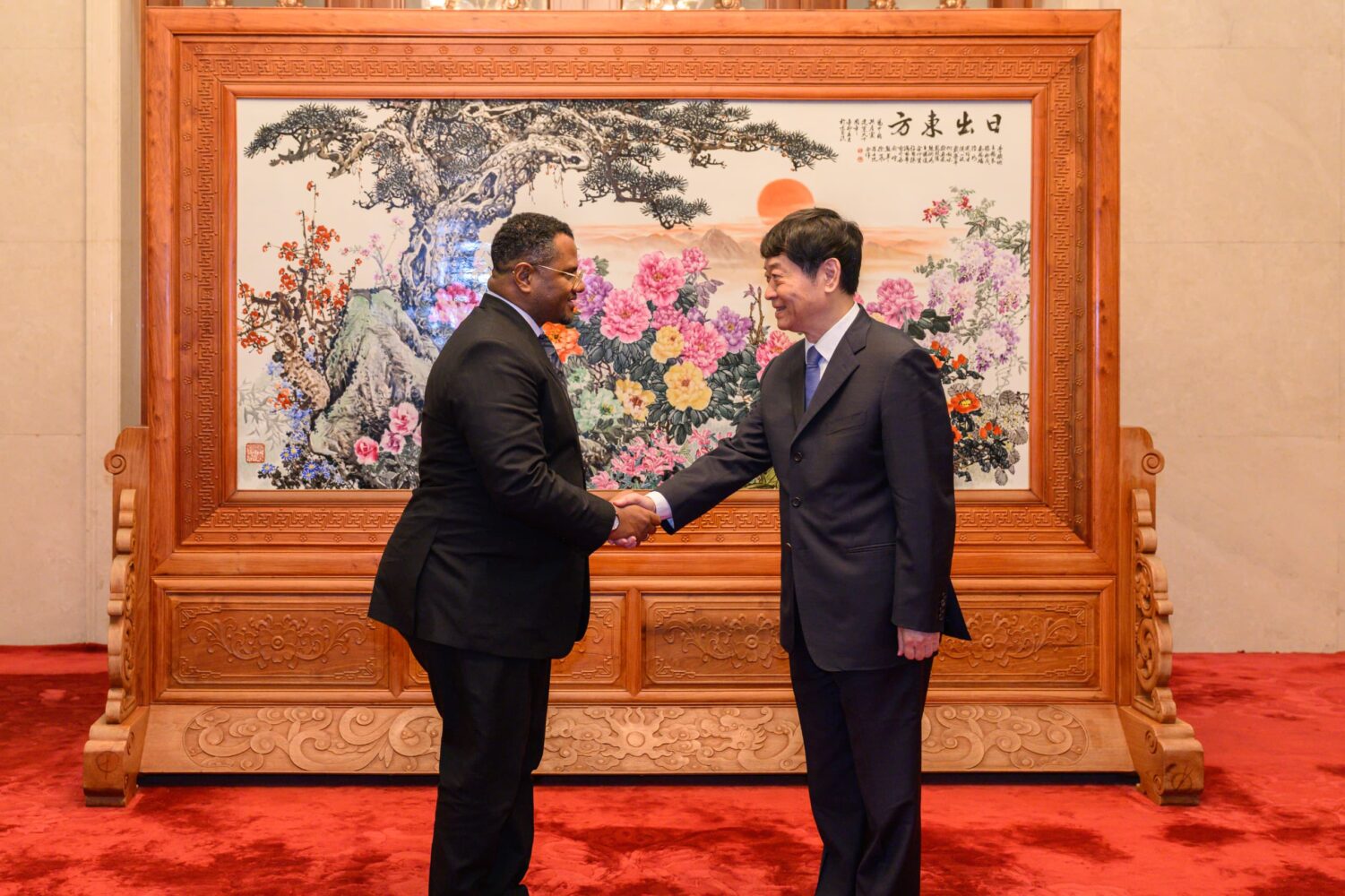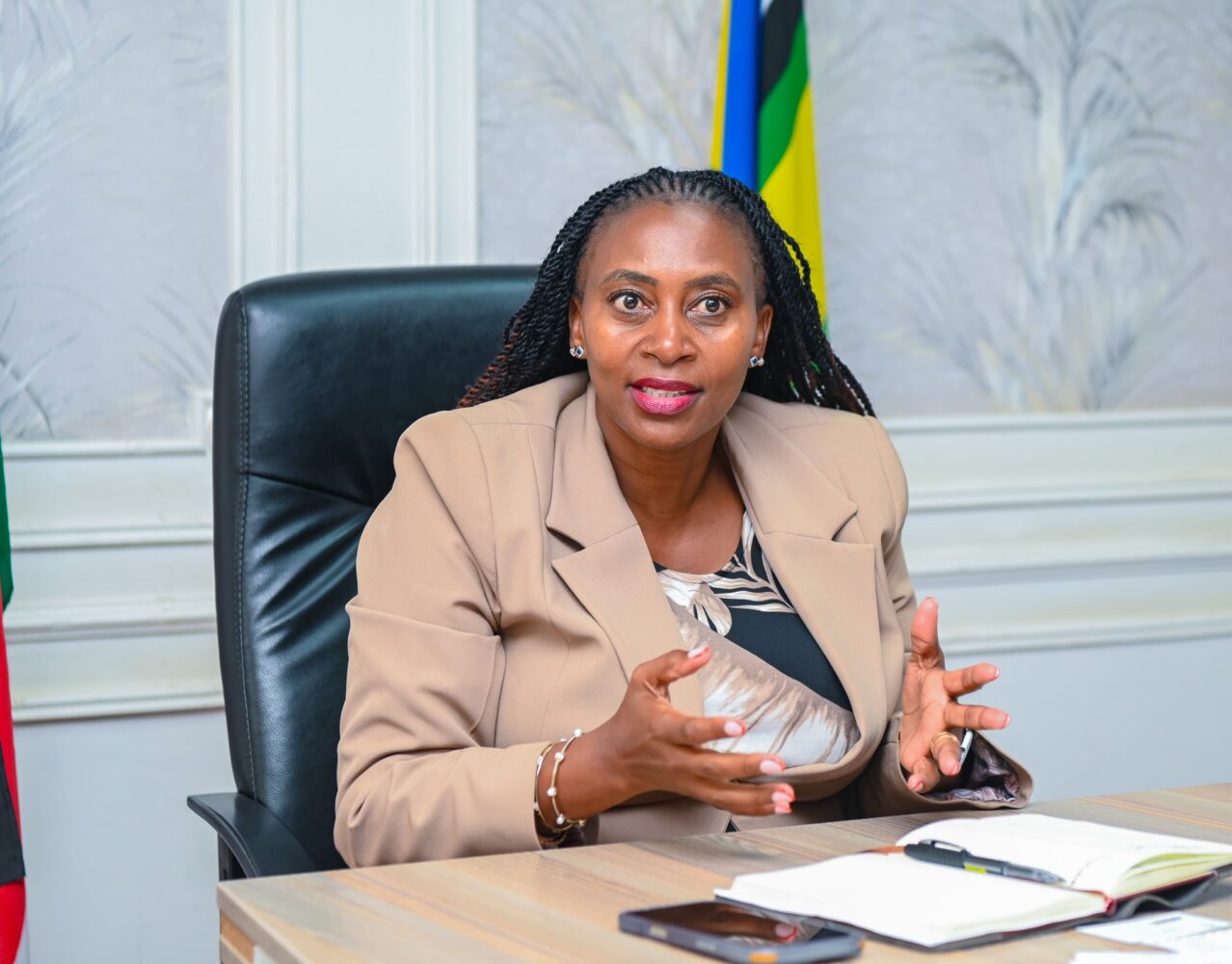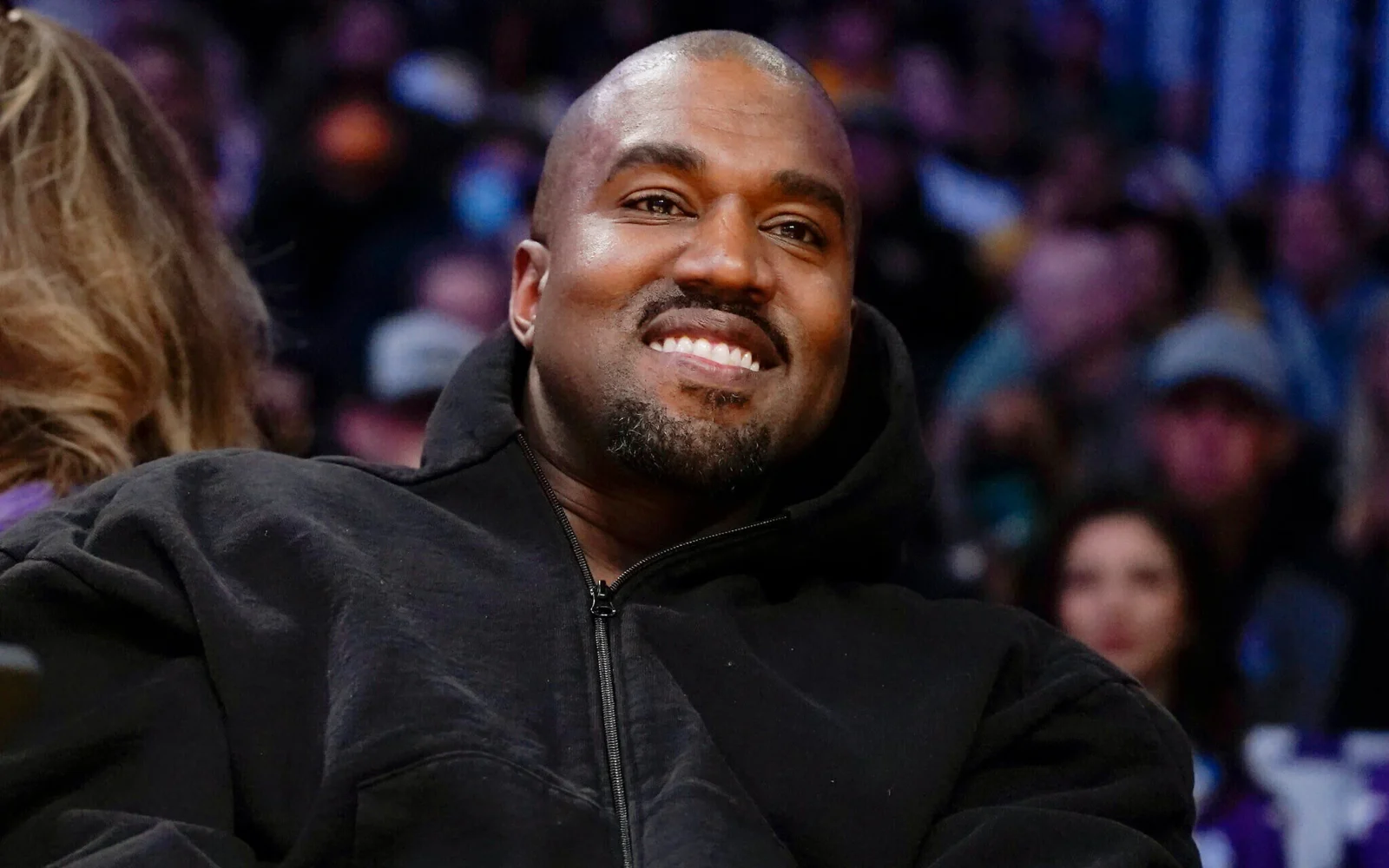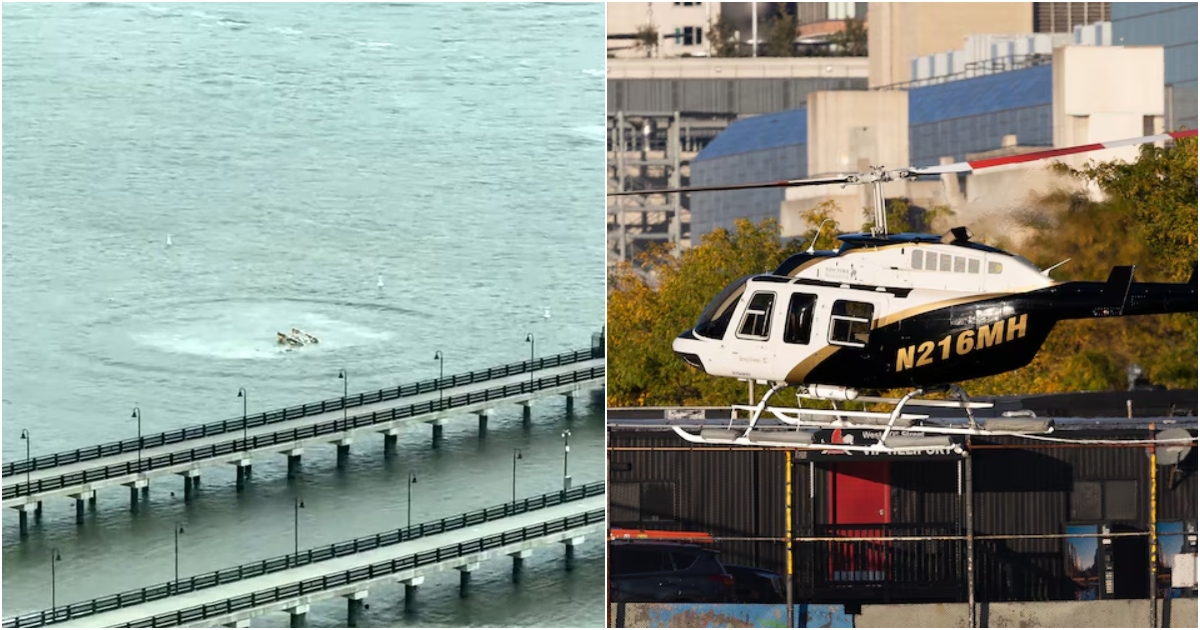The arrest of former Kakamega Senator Cleophas Malala has sent shockwaves across the country, drawing criticism from political heavyweights and reigniting debate over the shrinking space for free expression in Kenya.
Malala, known both for his fiery political rhetoric and his deep roots in the performing arts, was dramatically apprehended by officers from the Directorate of Criminal Investigations (DCI) late Wednesday night.
His crime being writing a school play that stirred national attention but for many, the real concern lies in what his arrest says about the state of the nation.
A longtime political firebrand from western Kenya, Malala was once a close ally of former Deputy President Rigathi Gachagua and a rising star within the Kenya Kwanza coalition. Though he later took a step back from frontline politics, he remained an influential voice, particularly among youth and cultural circles. His arrest at Eldama Ravine Police Station after being reportedly shuffled through several unknown locations has sparked a firestorm.
Lawyer Ndegwa Njiru, who’s been tracking Malala’s whereabouts, called the detention an attack on a prisoner of conscience. Reports suggest no arrest warrant was presented, and the operation involved several DCI vehicles and a violent dispersal of journalists with tear gas at the scene.
Former Deputy President Rigathi Gachagua was swift in his condemnation, accusing the government of weaponizing the criminal justice system to suppress voices.
“It is a shame of unimaginable proportion that dozens of DCI detectives in five vehicles have been dispatched to arrest and intimidate Senator Cleophas Malala for writing a script,” Gachagua said, adding that the regime had normalised a lying culture.
His words echoed the sentiments of many who now see Malala’s arrest as part of a wider crackdown on creatives, activists, and opposition voices.
With heavy security posted at Nakuru’s Melvin Jones Academy, the site of this year’s national drama festivals, and journalists locked out, questions continue to swirl. What message does the state hope to send? And why Malala?
For now, what began as a school drama script has evolved into a national drama of its own one where power, politics, and performance collide.


